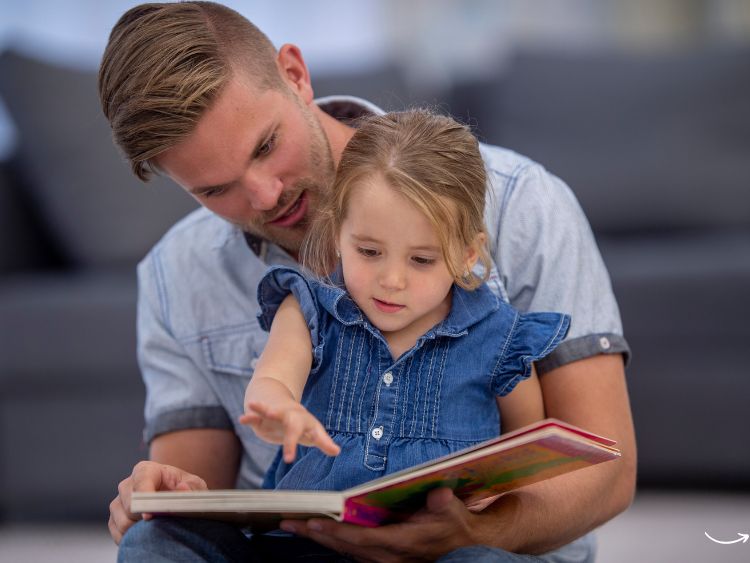What Does “Baby Daddy” Mean?
The term “baby daddy” refers to a man who is the biological father of a child but is not married to or in a committed relationship with the child’s mother. While the phrase originated in African American Vernacular English (AAVE), it has since entered mainstream usage, often appearing in pop culture, music, and casual conversation.
At first glance, “baby daddy” might seem straightforward, but there’s more to unpack here—cultural perceptions, emotional ties, and even legal responsibilities. Let’s dive deeper!
A Brief History of “Baby Daddy”
While it might feel like “baby daddy” has always been around, the term rose to prominence in the late 20th century. Its counterpart, “baby mama,” also became widely recognized around the same time. These phrases often appeared in songs, movies, and TV shows, reflecting changing family dynamics and societal norms.
Today, “baby daddy” can carry different connotations depending on context. For some, it’s a lighthearted way to refer to a child’s father. For others, it hints at complicated relationships or co-parenting struggles.
Why “Baby Daddy” Is More Than Just a Label
Labels like “baby daddy” often oversimplify nuanced relationships. A baby daddy could be:
- A loving, involved parent actively co-parenting with the mother.
- A biological father who isn’t present in the child’s life.
- A man navigating the complexities of blended families or long-distance parenting.
This term carries emotional and societal weight. Here’s why it matters:
1. Parenting Dynamics
Co-parenting isn’t always easy. Many baby daddies strive to maintain a healthy relationship with their child and the mother, even without romantic involvement.
2. Stereotypes and Stigma
The phrase often comes with stereotypes, especially for fathers from marginalized communities. Breaking these biases means acknowledging that fatherhood looks different for everyone.
3. Legal Responsibilities
From custody battles to child support agreements, the role of a baby daddy is often shaped by legal obligations. Navigating these responsibilities can be a challenge, but they’re crucial for the child’s well-being.
The Role of a Baby Daddy in Co-Parenting
Co-parenting isn’t about perfection—it’s about partnership. Here’s how baby daddies can positively contribute:
- Communication Is Key
Stay in regular contact with the child’s mother to discuss schedules, school events, and milestones. - Consistency Counts
Kids thrive on routine. Being a consistent presence in your child’s life helps build trust and security. - Respect Boundaries
Even if the romantic relationship has ended, respecting the mother’s boundaries fosters a healthy co-parenting environment. - Focus on the Child
At the end of the day, co-parenting is about prioritizing the child’s needs and happiness.
Cultural Representations of Baby Daddies
Pop culture has played a significant role in shaping how we view baby daddies. From hit songs like Beyoncé’s “Baby Boy” to viral memes, the term is everywhere. But is this portrayal always fair?
While some media glorifies the idea of fatherhood, others perpetuate negative stereotypes. It’s essential to recognize the diverse realities behind the term and celebrate fathers who show up for their kids.
Challenges Baby Daddies Face
Let’s be real—being a baby daddy isn’t always a walk in the park. Common challenges include:
- Co-Parenting Conflicts: Disagreements with the child’s mother can create tension.
- Financial Pressure: Supporting a child financially while managing personal expenses is tough.
- Societal Judgment: Negative assumptions about fatherhood can feel isolating.
- Balancing Time: Many fathers struggle to balance work, personal life, and parenting responsibilities.
How Society Can Support Baby Daddies
Creating a supportive environment for baby daddies benefits everyone, especially the children. Here’s how society can help:
- Destigmatize the Term: Let’s drop the stereotypes and focus on individual efforts.
- Provide Resources: Access to parenting workshops, legal advice, and mental health support can make a big difference.
- Celebrate Fatherhood: Highlight stories of responsible, loving fathers to shift public perceptions.
FAQs About Baby Daddies
1. Can a baby daddy be a good father?
Absolutely! The term “baby daddy” doesn’t define a man’s parenting abilities. Many baby daddies are deeply involved in their children’s lives, providing love, guidance, and support.
2. How is co-parenting different from traditional parenting?
Co-parenting involves two parents raising a child together without being romantically involved. It requires clear communication, respect, and a shared focus on the child’s well-being.
3. What legal rights do baby daddies have?
Legal rights vary depending on jurisdiction, but they often include custody, visitation, and decision-making regarding the child’s upbringing. Consulting a family lawyer can clarify these rights.
4. How can baby daddies navigate stereotypes?
By being present, responsible, and engaged, baby daddies can challenge negative stereotypes and redefine what fatherhood looks like.
5. What’s the best way to co-parent with a baby daddy?
The key is open communication, mutual respect, and a shared commitment to the child’s happiness.
Final Thoughts
The term “baby daddy” might carry mixed connotations, but it ultimately reflects the evolving dynamics of modern parenting. Whether you’re navigating co-parenting challenges or celebrating the joys of fatherhood, being a baby daddy is about showing up, staying consistent, and putting your child first.
Authoritative Links for Further Reading
- https://www.childwelfare.gov
- https://www.parents.com
- https://www.familylaw.org
- https://www.fatherhood.org
- https://www.verywellfamily.com






